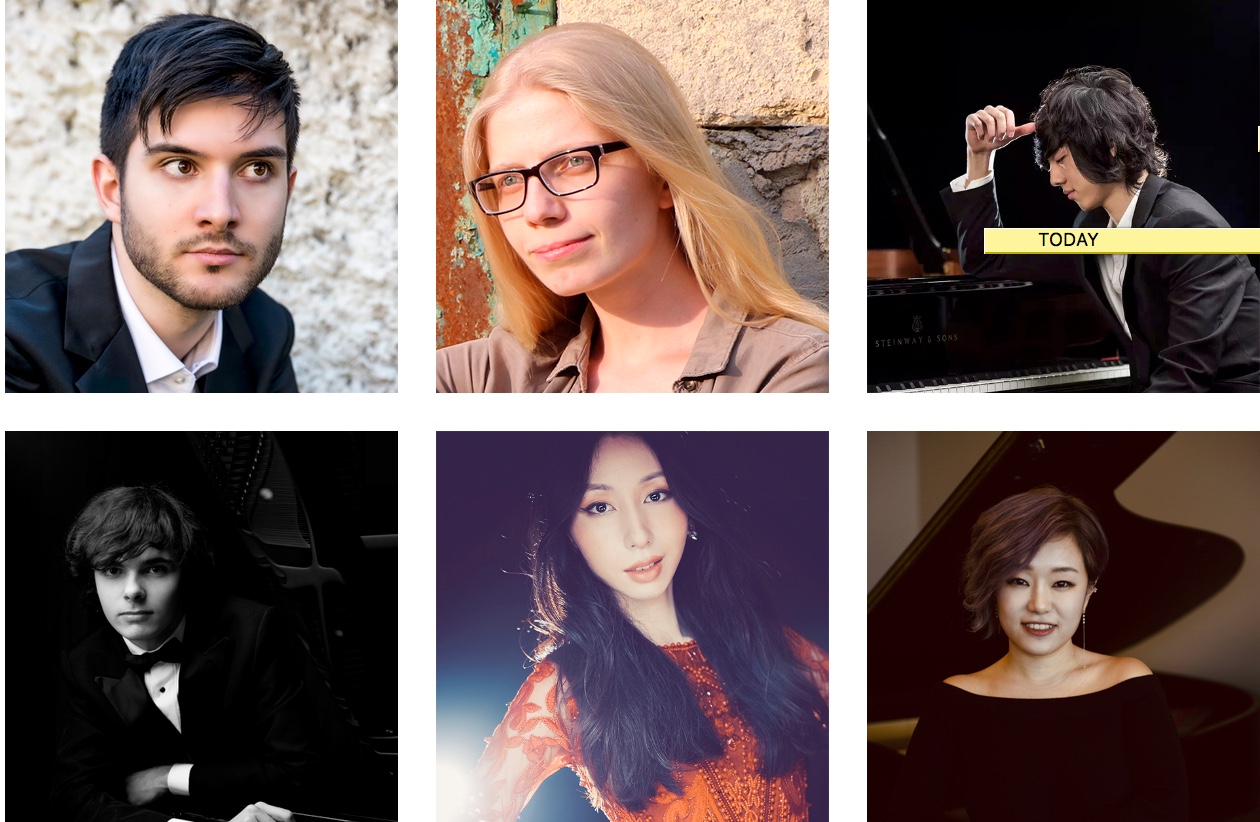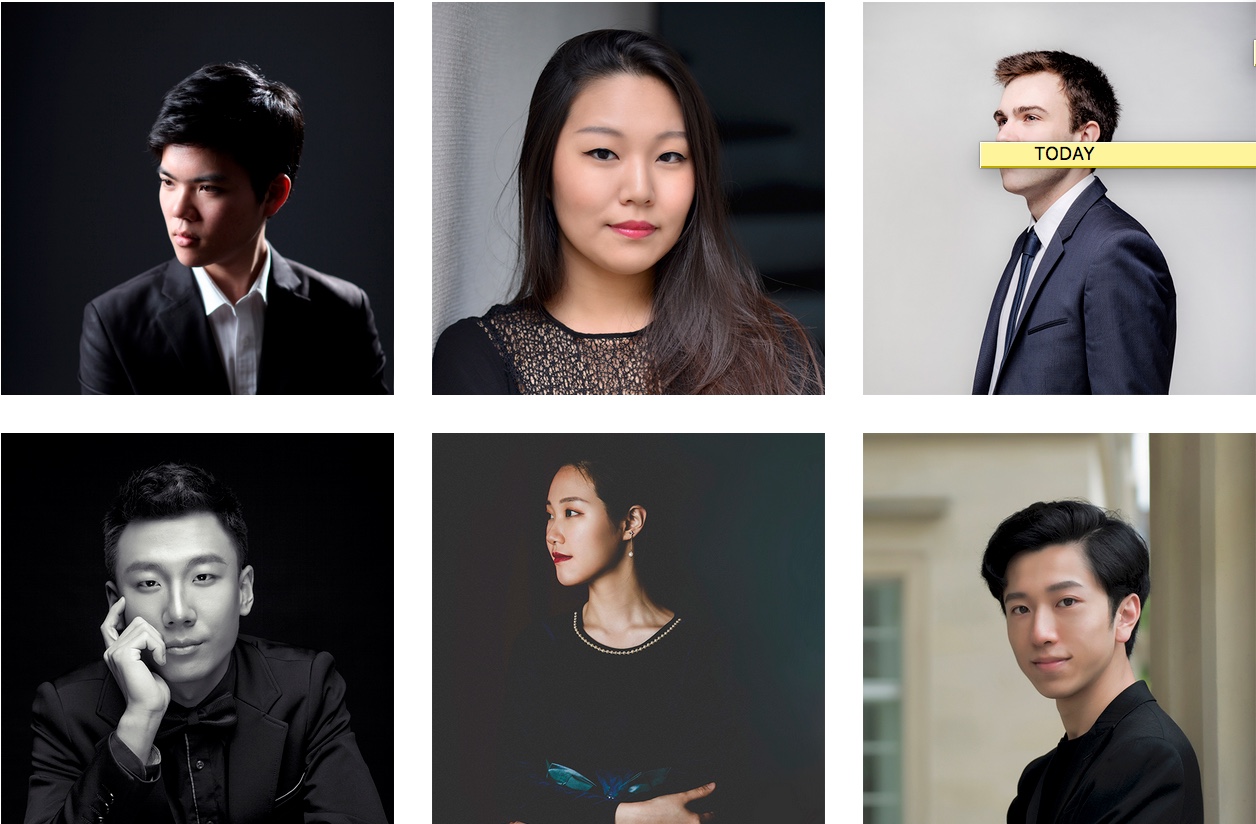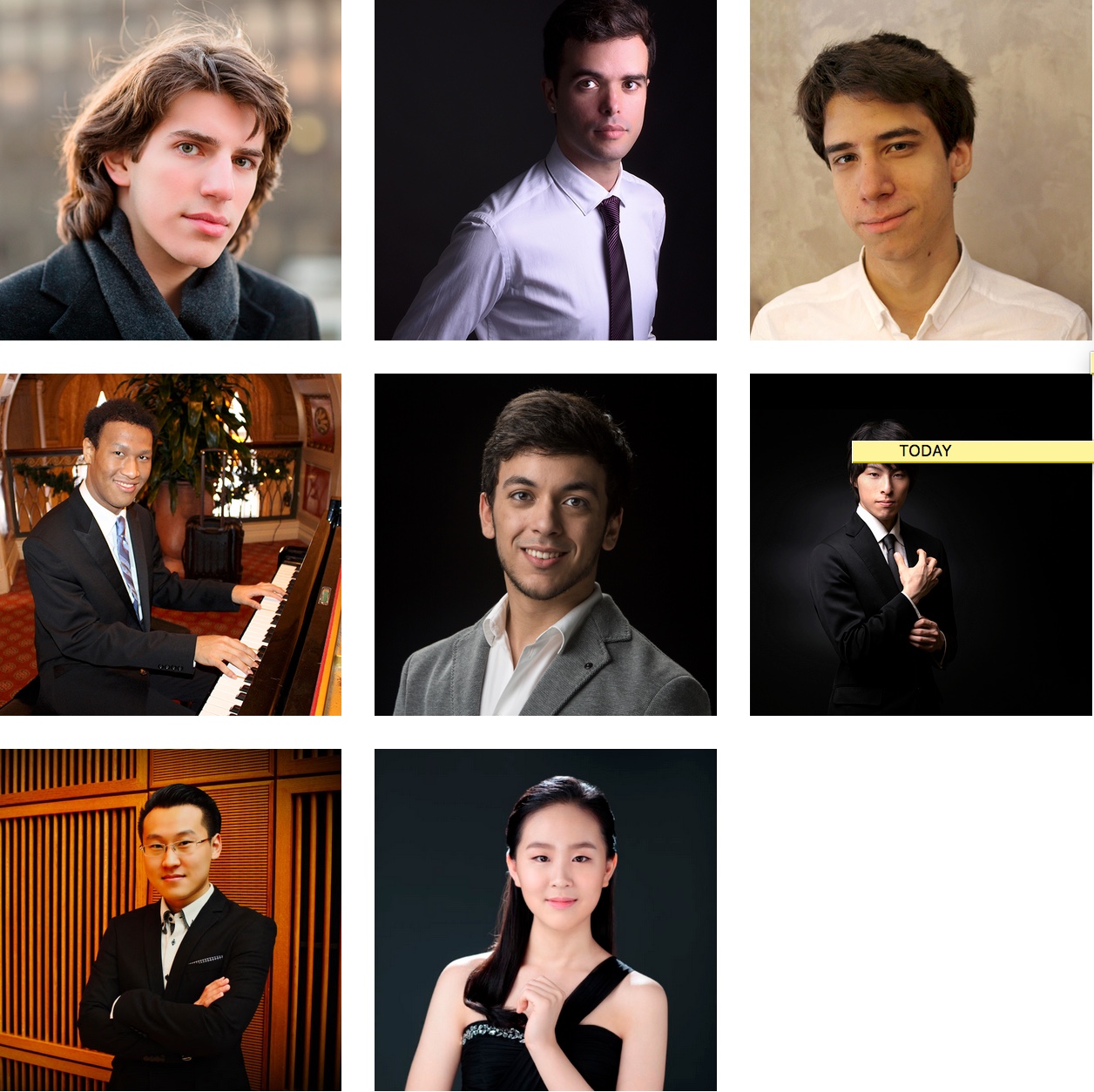by Mike Telin

This year twenty-six contestants between the ages of 20-32 and representing twelve countries, will compete for an opportunity to perform with The Cleveland Orchestra and to win the Mixon First Prize of $75,000, a New York performance debut, management services, and a recording on the Steinway & Sons label.
On July 7 at 7:00 pm, The Virtual Opening Ceremony will introduce the 26 contestants. The evening, hosted by CIPC artist director Yaron Kohlberg and Living the Classical Life‘s Zsolt Bognar, will also feature a special performance by 2016 Mixon First Prize winner Nikita Mndoyants (pictured below).
This time around, the Opening Ceremony, as well as the first and second rounds, will be made available free-of-charge and broadcast from Piano Cleveland’s website and YouTube channel. Semi-Final and Final Rounds are ticketed and feature virtual and in-person options. Click here for details.
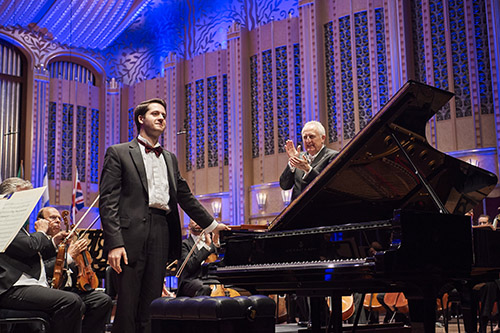
In an interview, Yaron Kohlberg told ClevelandClassical.com that the process of selecting recording sites involved more than simply finding locations — they needed to make sure that everybody would be able to record under the same conditions.
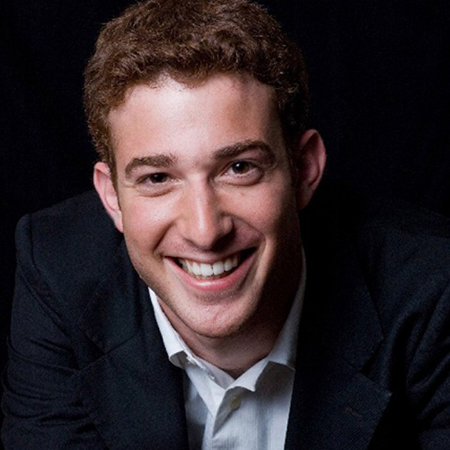
The CIPC 2021 field of contestants represent twelve countries: six from China, five from Russia, four from South Korea, three from the United States and one each from Brazil, Croatia, Israel, Italy, Japan, Spain, Tajikistan/United States, and Ukraine.
As in past competitions, all contestants will perform two rounds before the first jury vote is cast. During the first two rounds, each contestant must include at least one Chopin etude, and one sonata by Mozart, Haydn, or Beethoven.
Once those requirements are met, remaining time can be filled with repertoire of the contestants’ choice. A category may be repeated, but not a piece.
Contestants may present their choice of works in any order, provided that the first round performance does not exceed 20 minutes, and the second round performance does not exceed 30 minutes. Click here to read more about the Competitions’s required repertoire.
Given these parameters, what exactly will listeners hear during the 26, 20-minute recitals? Well, glad you asked. The six first round sessions will feature performances of:
Bach French Suite No. 5 in G Major, BWV 816
Bach Toccata in C Minor, BWV 911
Bach Chromatic Fantasy and Fugue, BWV 903
Bach Fantasia and Fugue in A Minor, BWV 904
Bartók Etude, Op. 18, No. 3
Beach “In Autumn” and “Fire-flies” from Four Sketches, Op. 15
Beethoven Sonata No. 13 in E-flat Major, Op. 27, No. 1 (“Quasi una fantasia”)
Beethoven Sonata No. 28 in A Major, Op. 101
Brahms Variations and Fugue on a Theme by Handel, Op. 24
Brahms Intermezzo in E-flat Major, Op. 117, No. 1
Chopin Etude in C Major, Op. 10, No. 1
(Two) Chopin Etude in A Minor, Op. 10, No. 2
Chopin Etude in C-sharp Minor, Op. 10, No. 4
(Two) Chopin Etude in F Major, Op. 10, No. 8
Chopin Etude in E-flat Major, Op. 10, No. 11
Chopin Etude in C Minor, Op. 10, No. 12 (“Revolutionary”)
Chopin Etude in A Minor, Op. 25, No. 4
Chopin Etude in E Minor, Op. 25, No. 5
Chopin Etude in G-sharp Minor, Op. 25, No. 6
(Four) Chopin Etude in B Minor, Op. 25, No. 10
(Four) Chopin Etude in A Minor, Op. 25, No. 11 (“Winter Wind”)
(Two) Chopin Ballade No. 1 in G Minor, Op. 23
Chopin Nocturne in E-flat Major, Op. 55, No. 2
Chopin Rondo à la mazur in F Major, Op. 5
Czerny Variations on a Theme by Rode, Op. 33 (“La Ricordanza”)
Debussy La plus que lente
Debussy “La terrasse des audiences du clair de lune” from Preludes, Book II
Dohnányi Aria in C Major, Op. 23, No. 1 and Rhapsody in C Major, Op. 11, No. 3
de Falla Fantasia Baetica
Granados “Los Requiebros” from Goyescas
Hamelin Variations on a Theme of Paganini (2011)
Haydn Sonata in F Major, Hob. XVI: 23
(Three) Haydn Sonata in B Minor, Hob. XVI: 32
Haydn Sonata in D Major, Hob. XVI: 37
Haydn Sonata in G Minor, Hob. XVI: 44
Haydn Sonata in C Major, Hob. XVI: 48
Haydn Sonata in E-flat Major, Hob. XVI: 52
Liszt Étude de concert, S. 144, No. 2 (“La leggierezza”)
Liszt Grandes études de Paganini, S. 141, No. 6
Liszt “Les jeux d’eaux à la Villa d’Este” from Années de Pèlerinage III, S. 163
(Two) Liszt Transcendental Etude, S. 139, No. 4 (“Mazeppa”)
Monk Ellis Island (2015)
Mozart Sonata No. 17 in B-flat Major, K. 570
(Two) Prokofiev Sonata No. 3 in A Minor, Op. 28
Rachmaninoff Étude-tableaux in E-flat Minor, Op. 33, No. 6
Ravel La Valse
Scarlatti Sonata in G Minor, K. 30
Scarlatti Sonata in C Minor, K. 56
Scarlatti Sonata in D Minor, K. 213
Scarlatti Sonata in D Major, K. 443
Scarlatti Sonata in D Major, K. 492
Scriabin Fantasie in B Minor, Op. 28
(Two) Scriabin Sonata No. 2 in G-sharp Minor, Op. 19 (“Sonata-Fantasy”)
Scriabin Sonata No. 10, Op. 70
Stravinsky/Agosti L’Oiseau de feu
Tchaikovsky/Feinberg Scherzo from Symphony No. 6
LET THE COMPETITION BEGIN
Go here and click on the individual photos to view each contestant’s program.
Session 1, Thursday, July 8 at 7:00 pm
Lin Ye (28, China)
Stefano Andreatta (29, Italy)
Intermission — 15 minutes
Ying Li (23, China)
Honggi Kim (29, South Korea)
Session 2, Friday, July 9 at 7:00 pm
Lucas Thomazinho (25, Brazil)
Zhi Chao Juli Jia (29, China)
Intermission — 15 minutes
Jiarui Cheng (22, China)
Yedam Kim (32, South Korea)
Session 3, Saturday, July 10 at 2:00 pm
Vitaly Starikov (25, Russia)
Anastasiya Magamedova (23, United States/Tajikistan)
Intermission — 15 minutes
Ziyu Liu (22, China)
Daria Parkhomenko (29, Russia)
Rafael Skorka (32, Israel)
Session 4, Sunday, July 11 at 2:00 pm
Bowen Li (24, China)
Roman Lopatynskyi (27, Ukraine)
Intermission — 15 Minutes
Martín García García (24, Spain)
Svetlana Andreeva (32, Russia)
Byeol Kim (31, South Korea)
Session 5, Thursday, July 15 at 7:00 pm
Suah Ye (20, South Korea)
Philipp Lynov (22, Russia)
Intermission — 15 minutes
Clayton Stephenson (22, United States)
Arsenii Mun (21, Russia)
Session 6, Friday, July 16 at 7:00 pm
Llewellyn Sanchez-Werner (24, United States)
Lovre Marušić (28, Croatia)
Intermission — 15 minutes
Peter Klimo (30, United States)
Takashi Yasunami (29, Japan)
Published on ClevelandClassical.com July 6, 2021.
Click here for a printable copy of this article





